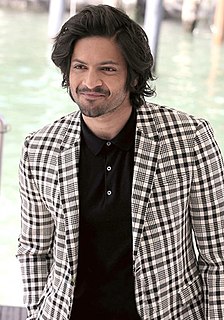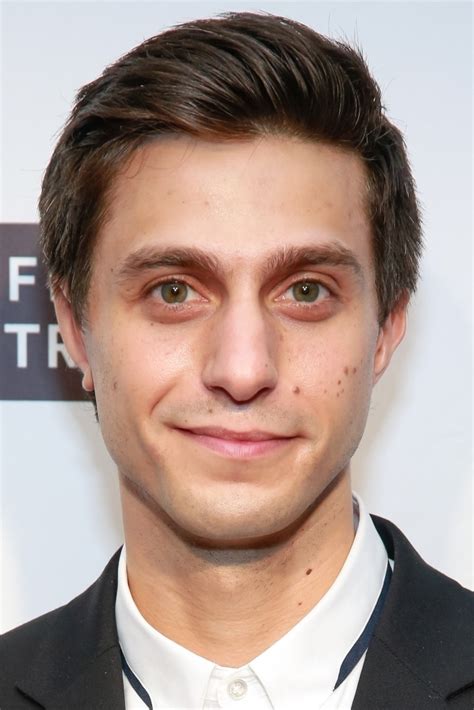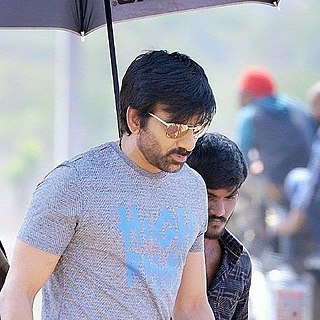A Quote by Peter Morgan
I have always cited the decision by director Stephen Frears to shoot 'Mrs. Henderson Presents' before my script of 'The Queen' as the reason for my taking the plunge as a playwright.
Related Quotes
I'm interested is the oblique as a concept deeply connected to human lived experience, not separate from it. I was listening to an interview with film director Stephen Frears on NPR the other day and he said, "People's lives are never what you think they are," or something like that. Human lives are oblique. It makes sense to me that attending to them in language is as well.
With a good script a good director can produce a masterpiece; with the same script a mediocre director can make a passable film. But with a bad script even a good director can’t possibly make a good film. For truly cinematic expression, the camera and the microphone must be able to cross both fire and water. That is what makes a real movie. The script must be something that has the power to do this.
You have to accept that the moment you hand a script to a director, even if you've written it as an original script, it becomes his or her movie. That's the way it has to be because the pressures on a director are so staggering and overwhelming that if he or she doesn't have that sort of level of decision making ability, that sort of free reign, the movie simply won't get done. It won't have a vision behind it. It may not be your vision as a screenwriter, but at least it will have a vision.




































